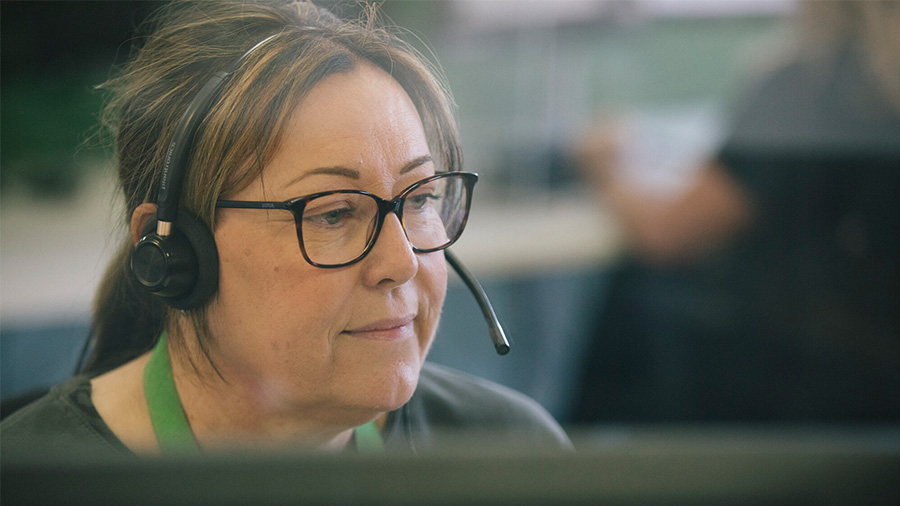I’m concerned about conversations my child is having online. What can I do?
Sometimes children go online looking for support to help them feel like they are not alone.
If children are suffering with worrying feelings about self-harm, suicide or eating disorders, they may talk to others about this online. While young people may find this helpful, it can lead to them viewing content that might cause harm, such as pro-self-harm, suicide or eating disorder content.
If you are concerned your child is having conversations like this online, here are 3 key steps you can take:
Make sure you talk to your child about why they are having these conversations. Are they simply curious or struggling with their own feelings? It’s important to try and find out what has led to this behaviour and allow your child to speak openly about this.
Visit our information page for more advice on discussing online safety with your child.
If your child has seen something worrying online, such as pro-suicide content, help them to make a report to the platform they were using or the Report Harmful Content website
Childline and Young Minds can also offer support to your child.
Parental controls and filters can help stop your child being exposed to harmful content online.
With younger children, set up parental controls on the devices they use.
With older children, help them to set filters that will screen content for certain words or types of content.
For more advice, visit our information page on depression, anxiety and mental health in children.


